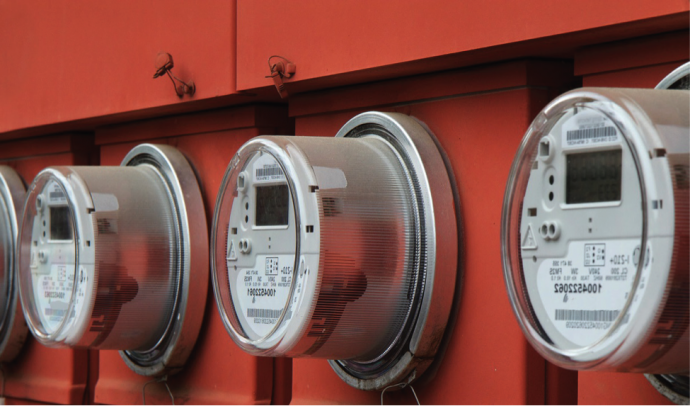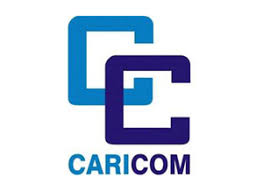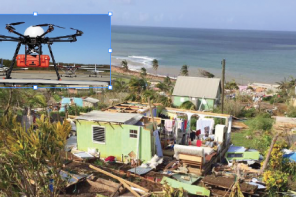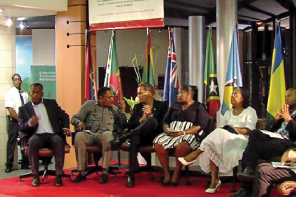Energy represents a critical operating costs for many companies in the Caribbean region. In the hospitality sector this is very clear with energy costs accounting for second highest operating costs after the payment of salaries. Government and Non-Governmental Organizations also spend a significant amount of money for energy consumption – in most cases electricity. There may be several reasons for this increased energy consumption ranging from increased electrical equipment, equipment with high energy ratings, inefficient design of building and energy wastage due to behavioral practices of the person using the buildings.
With the advances in renewable energy technology resulting in lower costs of these constructions, there is currently wide discussion on the use of renewable energy such as solar on buildings in an effort to lower energy costs in the long run. In this context, energy efficiency and conservation is sometimes pushed too much into the background and its benefits are not promoted. Experiences worldwide show that “Energy Efficiency Measures” present an opportunity to save energy and of course money from the first day of “implementation”. In many cases, the benefits can be obtained by investing little or no money.
The OECS Commission has clearly articulated energy as a priority if its work progamme. Consistent with this policy statement and in an effort to lead by example the Commission has introduced a comprehensive system for effective energy management in the five buildings it occupies in Saint Lucia. This initiative is being implemented through the “Building Energy Efficiency Program” (BEEP) with the support of CARICOM and funded by the “Renewable Energy and Energy Efficiency Technical Assistance” (REETA) project of the German International Cooperation (GIZ). The project will build on results from an energy audit conducted on the premises in November 2014 and will seek to undertake various energy and water efficiency measures.
At the launch workshop of the BEEP initiative on August 31st in St. Lucia, Minister for Energy, Environment, Science and Technology Hon. Dr. James Fletcher highlighted in his speech the importance of this activity and its relation to the broader sustainable development goals being discussed at the international level. He further stated that though this initiative is a small one it is nevertheless a very important contribution to this effort and applauded the OECS Commission for its initiative in this area.
The launch also provided the opportunity for different companies and organizations like Sandals Resorts, Windjammer Landing Villa Beach Resort and the CARICOM Secretariat presented their success stories and lessons learned in using energy management systems. The hotels showed that even by starting with little or no investment but raising awareness and offering training to staff on energy efficiency very much reasonable energy savings were achieved. In the case of the CARICOM Secretariat, by reinvesting the financial saving from the energy efficiency measures in new energy efficient appliances or retrofits of buildings additional savings can be obtained. In this way a self -financing sustainable mechanism is created for energy efficiency within the organization. This is particularly important as the initial capital outlay for energy efficiency can often be a major challenge.
Through the BEEP project, the OECS Commission intends to promote the importance and feasibility of implementing an energy management system in an institution or business in the region. The “Sustainable Energy Unit” of the OECS Commission has recently enhanced its capacity and technical skills in this field and is willing to assist other entities and companies in implementing such an energy management system. The Commission welcomes requests for this support and invites institutions and companies to contact its Sustainable Energy Unit and join the campaign for energy management.
- By Roland Schwoerer




